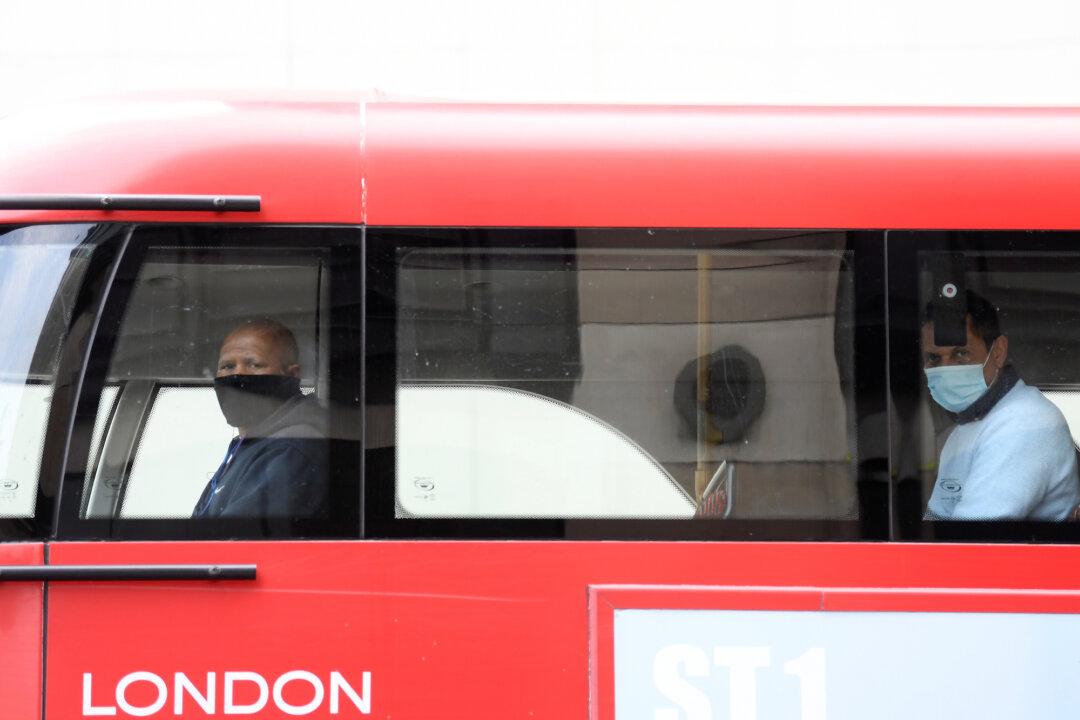The British government paid $20 million for COVID-19 antibody tests from two Chinese companies, only to later find they didn’t work properly, according to multiple reports.
Half a million of the China-made tests are now in storage, according to a New York Times report.





